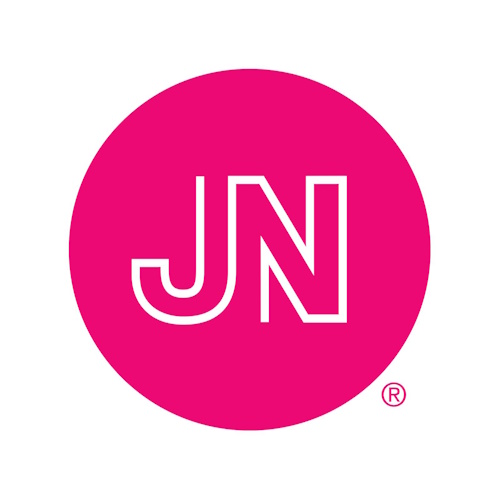Key points from article :
Taking a daily low dose of aspirin has long been touted as a preventive measure against strokes. However, a recent study published in JAMA Network Open has shed new light on this practice, suggesting that for many older individuals, the risks may outweigh the benefits.
“This is just more evidence that prescribing aspirin to people who don’t need it is not a great idea,” says John McNeil at Monash University in Melbourne, Australia.
Researchers from Monash University in Australia conducted a large-scale trial involving over 19,000 participants. The study focused on healthy individuals aged 70 and older who had no history of strokes or cardiovascular conditions. Participants were randomly assigned to take either a daily low dose of aspirin (100mg) or a placebo.
Contrary to popular belief, the researchers found that aspirin did not significantly reduce the risk of the most common type of stroke, known as ischemic stroke. In fact, the study revealed that aspirin may even increase the risk of a more dangerous type of stroke, intracranial bleeding.
While the exact reasons for this are still being investigated, the study suggests that as people age, their blood vessels become more fragile. Aspirin's blood-thinning properties can exacerbate this, leading to an increased risk of bleeding within the brain.
It's important to note that the study's findings are limited to healthy individuals without pre-existing cardiovascular conditions. For those with a history of stroke or heart disease, the benefits of aspirin may still outweigh the risks. The study's results highlight the importance of personalized medical care.








